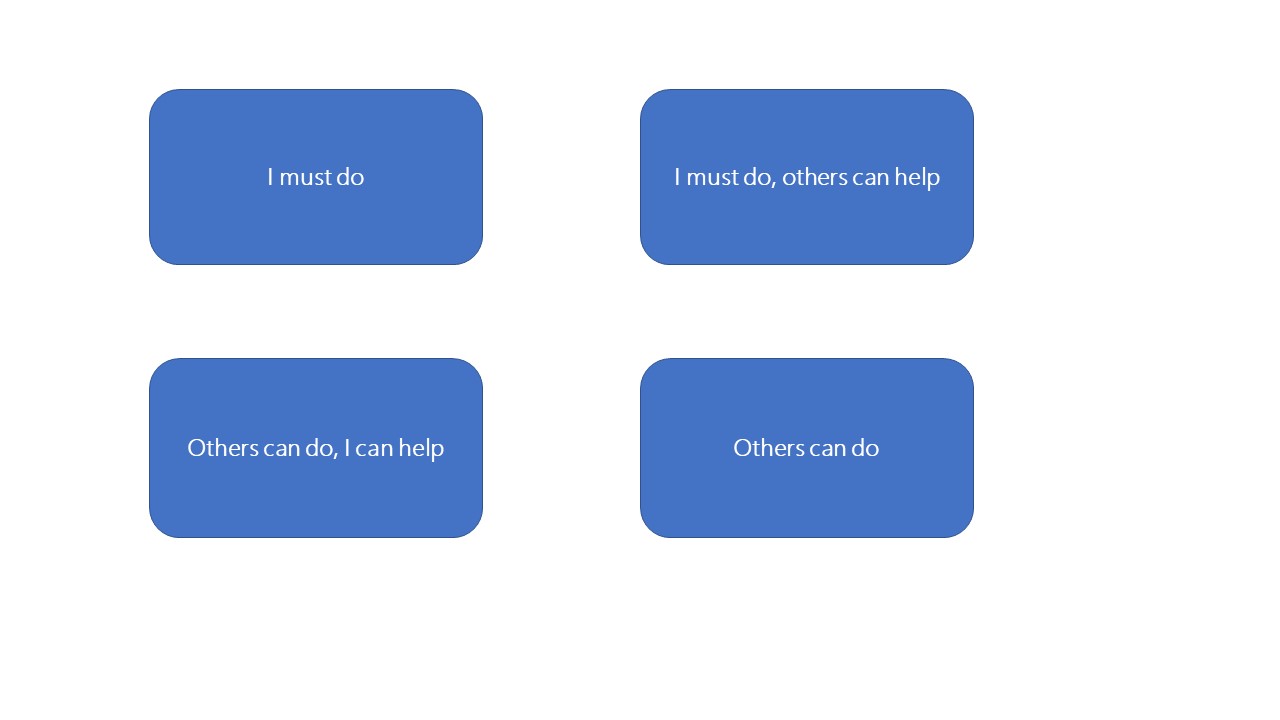“Soft skills”, “People skills”, “Essential skills” however you want to badge them, these are skills that organisations are seeking from their people, in whatever field they work.
In a report by the World Economic Forum it was stated that many soft skills are seen as rising in importance and relevance in today’s business world. Unfortunately soft skills for some, are seen as inferior to the hard skills. Usually this is because they are less easy to measure or quantify. At school we are taught maths, science literacy. But how many of us were taught how to be resilient, empathic, or good at teamwork?
Organisations often expect people to just possess these skills and assume that everyone understands the importance of (as examples), being able to manage your time, to be able to connect with that stakeholder, to pacify that angry customer, or really fully understand what solution someone is after from you.
What are soft skills?
Soft skills are non-technical skills that a business needs to enable productivity, efficiency but also profitability. Some people naturally excel at these as a result of their personality or values. On the other hand, many others need assistance and training in these essential skills.
Examples of soft skills:
- Communication
- Resilience
- Adaptability
- Conflict management
- Emotional Intelligence
- Teamwork
- Problem solving
- Leadership skills
- Time management
- Initiative
- Critical thinking
- Decisiveness
Why they matter
Soft skills really matter as they not only benefit the individual, but the team and ultimately the organisation. They are necessary at every level in the workplace, from apprentice to CEO; they are also transferrable across roles and organisations and are often timeless. On the other hand, skills learnt in technology for example. These are skills which we need to modify or even re-learn as products progress. We can either update or we may become obsolete. Soft skills help with working relationships, reduce conflict and misunderstandings. As a result, building soft skills will enable a resilient, creative, and adaptable workforce.
What is the impact?
Companies and organisations that have staff with good soft skills have a better and far healthier culture. They have proactive and confident employees who work well together with customers and other stakeholders. Employees are also far more adaptable in fast paced environments. They can problem solve.
For example, those who master technology in all its forms are absolutely necessary – but without being able to connect with people and understand them and how that technology can gain more customers, sell more products, grow a business, help others, or satisfy stakeholders it won’t matter!
Conclusion
In another report by McKinsey, they stated that as well as a demand for technological skills, there will also be a rise in social and emotional and higher cognitive skills by 2030. As we all know, there is a rise in automation, A.I., machine learning and robotics. These cannot replace soft skills. People want to deal with people that can connect with them, can empathise and communicate easily with them, and don’t treat them just like a resource or a statistic.






 I must do
I must do